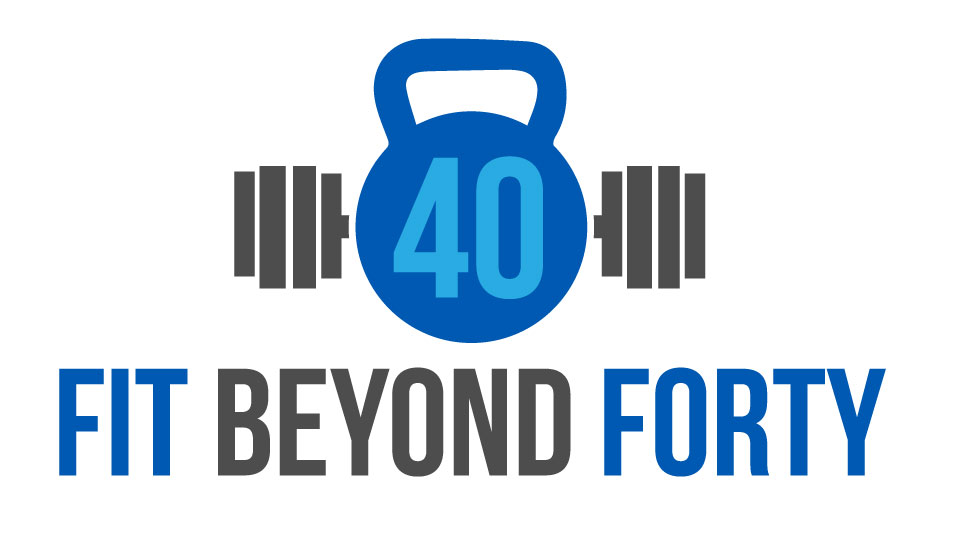It makes perfect sense. While you sleep, your body depletes its stores of glycogen, (which come from carbs and your body uses for energy). If you do cardio before breakfast, your body will have to burn up fat for energy instead of burning up carbs. Presto chango, the fat burns away! Alas, it’s not so easy.
Exercise affects how your body burns fat over the course of days, not just hour to hour. Your body continually adjusts its use of fat and carbohydrate for fuel. If you burn more fat during a workout, you’ll burn more carbohydrates, but not as much fat, the rest of the day.
Sadly, your body just can’t use all that fat for fuel. During moderate-to-high intensity levels of exercise, the body breaks down significantly more fat when fasted. Unfortunately, the rate of breakdown exceeds the body’s ability to use the extra fatty acids for fuel. In other words, you have a lot of extra fatty acids floating around in the blood that can’t be used by working muscles. After your workout, these fatty acids shuttle back into fat cells, leaving you where you started. Why did I get up so early?
Have you ever tried to do a strenuous workout on an empty stomach? Before long you run out of gas. Your body needs those carbs for energy. So you burn fewer calories both during and after exercise, meaning you burn less fat.
Your body has to get energy from somewhere, and that somewhere is protein. Burning protein means losing muscle. Protein losses can exceed ten percent of the total calories burned over the course of a one-hour cardio session — more than double that of training after you’ve eaten.
If you work out first thing in the morning, eat some carbs and protein first. If you eat first, the vast majority of calories expended after you exercise come from fat!


